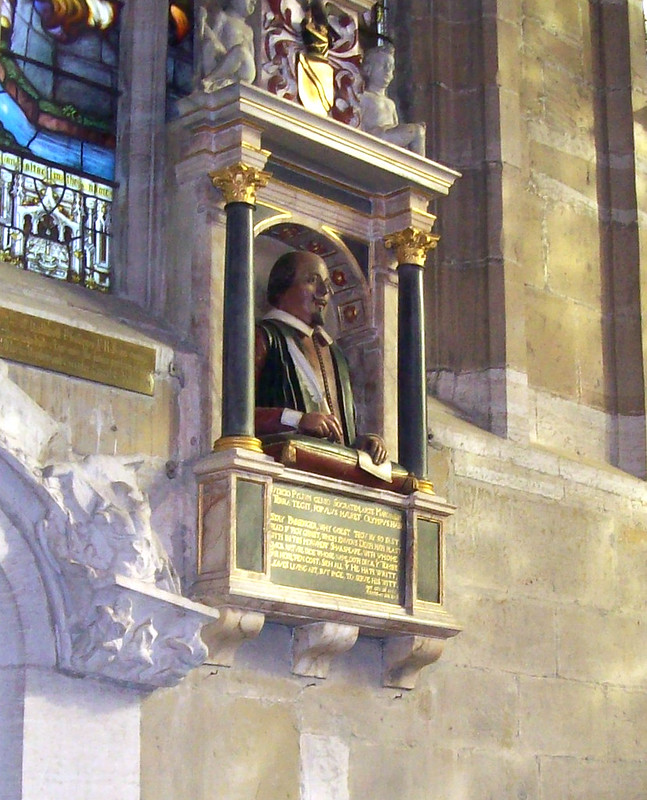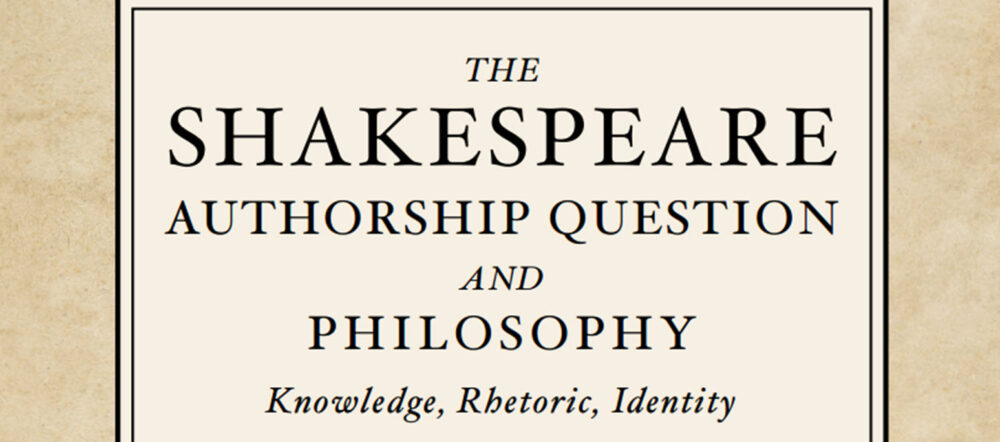
I’d like to thank everyone who tuned into my book launch last week! I heard many enthusiastic comments afterwards. And once again, many thanks to the gracious Steven Sabel for serving as host. Two days later, I was also interviewed by Alexander Waugh and Maudie Lowe for their 174T podcast (that link will be posted soon).
However, following both interviews, I realized in talking with my wife Karen (herself an accomplished author with many launches under her belt) that in both interviews, there were instances where I could have replied to questions with an “elevator pitch”—that is, a short, snappy single-sentence description of the book, of the sort that one might offer to an editor (or studio executive) if one happens to have 30-seconds of their time in an elevator. At first, I thought that this would be a challenging proposition: the argument in the book is fairly complex, and, in fact, takes not just the introduction but the first two chapters to set up properly.
Still, upon reflection, I believe the purpose of the book can be succinctly summarized as
a case study in the institutional and cultural collision between the sacred and the profane.
As I state in the book’s Introduction, The Shakespeare Authorship Question and Philosophy isn’t (strictly speaking) about who Shakespeare was or wasn’t. Instead, it reveals the mechanisms by which any field of inquiry and its associated institutions may be captured by a form of a received, idealized orthodoxy. While forms of conventional wisdom or an intellectual status quo may hypothetically be exhibited in any scholarly discipline, what makes the case of Shakespeare biography so exceptional—and therefore a uniquely valuable and instructive case worthy of examination—is the Author’s very sacredness, which reveals profound tensions in the academy between his status as a secular “god” and his place among other fields in the liberal humanities. In other words, there is an irreconcilable conflict between the idealism necessary for faith and the rigour required for scholarship.
This is, of course, the very same dynamic that has played out throughout the history of science: the Catholic Church versus Galileo over the arrangement and movement of the cosmos, and the Biblical account of creation versus James Hutton’s 18th Century insights into ancient geological processes, as well as the evolutionary theories of Charles Darwin in the following century. In all these cases, observations based on evidence were incompatible with existing institutions and mainstream cultural forces; while their views would of course eventually become widely accepted, this process took place over decades—and in Galileo’s case, centuries.
As regards the Shakespeare authorship question, notions of the sacred and profane are very much in play, and not just because authorship doubters have for so long been referred to as “heretics,” or that his “birthplace” in Stratford-Upon-Avon is considered a shrine. In using these terms, I am not referring to the holy and the blasphemous; rather, as historian of religion Mircae Eliade puts it in his 1959 book, The Sacred and the Profane: The Nature of Religion, these refer to modes of being with different views on the place of humans in the world. In the case of a culture built on religion, the space in which it exists is not homogenous, but instead divided up between that which is holy, the “centre of the world,” and that which is pro fanum or “outside the temple.” For the secular culture, by contrast, all the world is homogenous, and no part of it is seen as different in essence from any other.
This was the approach I took in my book, repeatedly stressing that my underlying approach was all other things being equal (or in Latin, ceteris paribus): that the asserted identity of Shakespeare should be subjected to the same level of scrutiny given to any other historiographic claim. In that sense, Shakespeare does not constitute a miraculous “centre of the world” apart from the rest of history, but exists within and alongside all other historiographic phenomena and should be studied as such. In that sense, I would argue, my book constitutes a case study of these conflicting institutional and cultural “modes of being.”
(OK, so that clearly goes beyond the limits of a 30-second elevator pitch, but there you go…)
(Image: Bust of William Shakespeare. By summonedbyfells [flickr] https://flic.kr/p/arTTLh)

Bravo! This is an important salvo in the battle for intellectual inquiry. Thank you Michael for your efforts. I hope the book sparks further debate!
Thank you Cheryl!
You make some great points in your book, and while this may not be a typical 30 second elevator pitch, it brings into focus that the Shakespeare tourism industry is less a secular endeavor than it is a quasi-religious one.
One thing struck me as I looked at the photo of the Stratford monument: it seems odd that it would be placed right next to where the former charnel house was, where they interred the bones of deceased townsfolk who could not afford a cemetery plot or space in the church. If you look at the entire sacred vs. profane dichotomy as it was in the early 17th century, would that mean the people who erected the monument did not think of the alleged author as somehow being “unclean” and not really worthy of being honoured as a demi-god?
Just a question.
I look forward to the podcast with Alexander. It should be a great one.
Thanks Ron. Very interesting insight, great connection to the theme!